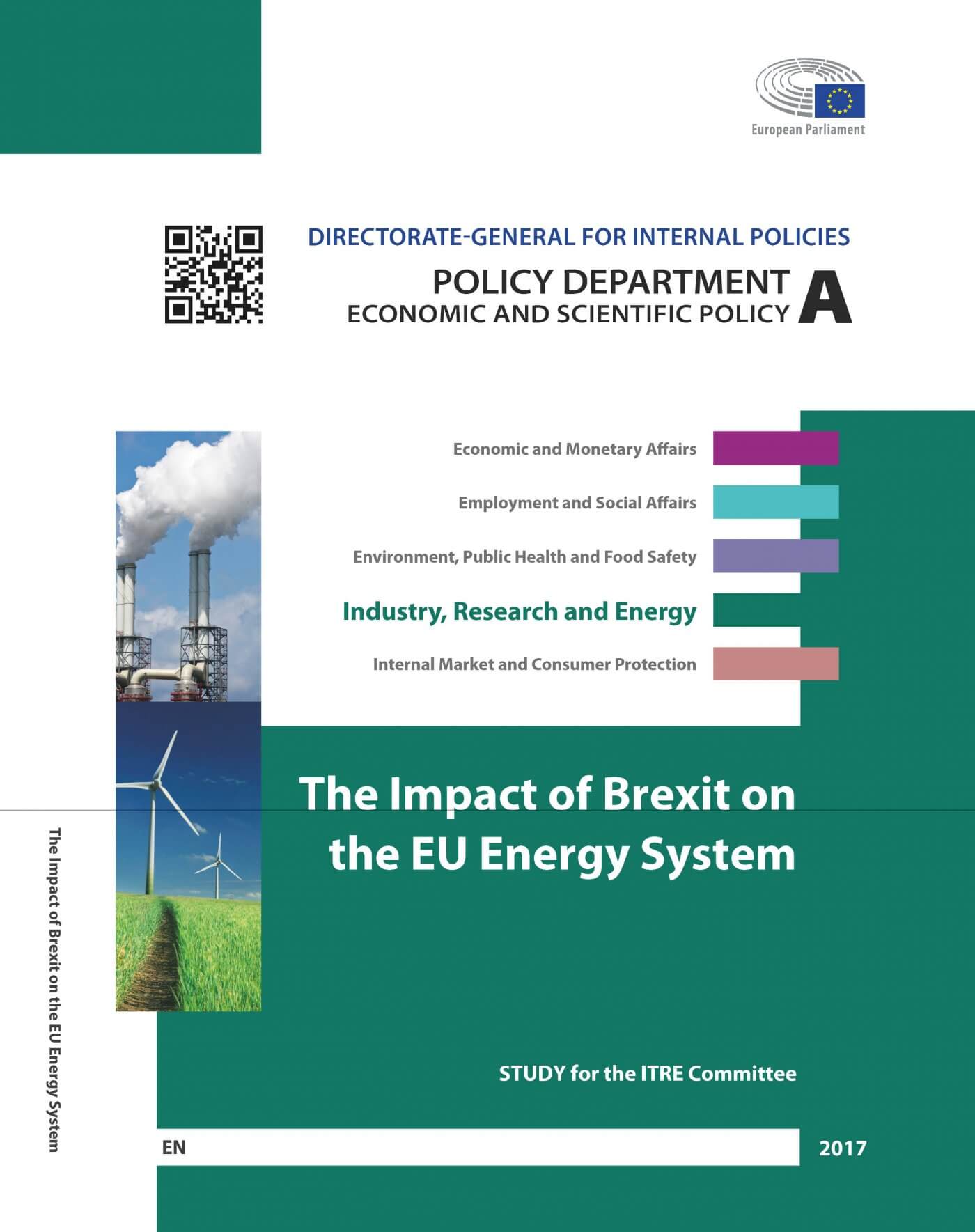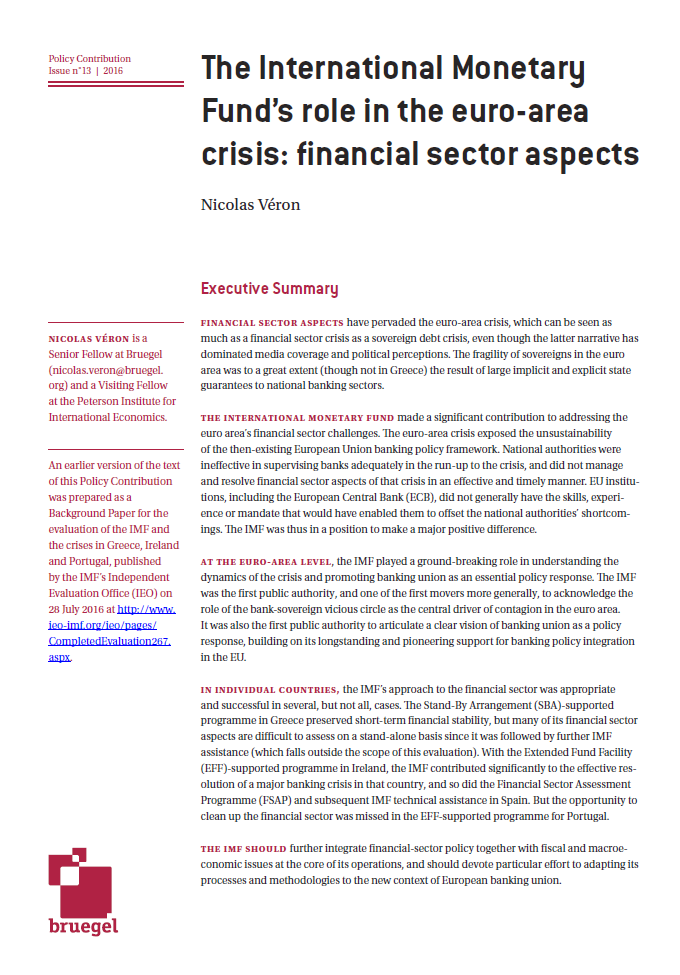Opinion

Brexit banking exodus creates a dilemma for Dublin
Irish consumers’ interests may not coincide with the needs of banks relocating here.
Opinion

Irish consumers’ interests may not coincide with the needs of banks relocating here.
Blog Post

How the financial industry and the law firms that support it are preparing for what comes next
External Publication


What will be the impact of Brexit on the EU energy system? With or without the UK, the EU will be able to complete its market, to achieve its climate and energy targets with feasible readjustments, and to maintain supply security
Blog Post

Brexit promises pain for Ireland that could be cut off from the EU internal market and be left exposed to market instability in the UK. Georg Zachmann assesses the scale of the possible damage for Ireland, and how the UK and EU might use the special energy relations on the Irish island to commit to a pragmatic solution.
Blog Post

The Good Friday agreement put to rest age-old conflicts on Ireland. It also offered hope that the reunification of Cyprus might be possible within the European Union. Lately, however, the “Green Line” that divides the easternmost island of the EU, is viewed as a template for a soft border at the westernmost island of the Union after Brexit.
Blog Post

The future of the Irish land border has been thrown into uncertainty by Brexit. The UK's confirmation that it will leave the EU's single market and customs union implies that customs checks will be needed. However, there is little desire for hard controls from any of the parties involved. This is especially true for Theresa May's potential partner, the DUP. Creative solutions are needed to reach a solution.
Opinion

From the land border with Ireland to expats’ pension rights, there is much to negotiate.
Blog Post


Following the proposal from the Scottish Government that Scotland remain in the Single Market, the differing “Brexpectations” of the UK’s four constituent countries are once again back in the news. Scotland is getting a lot of attention in the Brexit debate, but Northern Ireland is an equally interesting case.
Blog Post

The recently published in-depth evaluation of the International Monetary Fund (IMF)’s role in the euro area crisis highlights important contrasts in the area of financial services. The IMF provided highly valuable analysis and recommendations to the EU on its banking sector and related policies. In individual countries (leaving aside Cyprus and the second Greek programme, not covered by this evaluation), the financial-sector aspects of the IMF’s interventions were highly successful in Ireland and Spain, ambiguous in Greece, and a missed opportunity in Portugal.
Policy Contribution

Nicolas Véron reviews in-depth the role played by the IMF in understanding the financial-sector dynamics of the euro-area crisis. The IMF was the first public authority to acknowledge the role of the bank-sovereign vicious circle and to articulate a clear vision of banking union as an essential policy response. At national level, the IMF’s approach to the financial sector was appropriate and successful in Ireland and Spain, more limited in the Greek Stand-By Arrangement, and less compelling in Portugal.